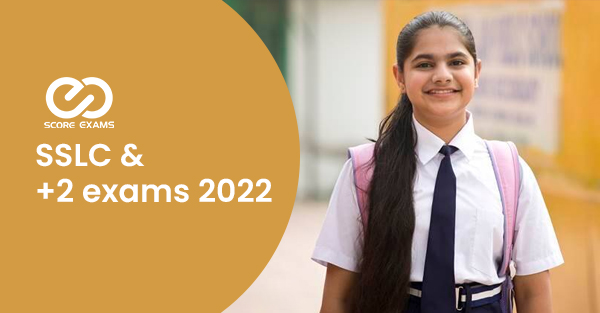
Tips to study for JEE Mathematics
Learning Mathematics involves the art of solving problems and not just knowing formulae and concepts.
So if you want to improve your mathematics, you need to focus more on problem solving instead of just reading theory, formulae, and solutions.
Following are some instructions/tips that would definitely help you learn mathematics better
- Always study sitting on a table with a paper and pen:
??????????The more you write, the better you remember. Mathematics needs a high level of concentration. Whether you are solving a problem or reading mathematical steps of a solution you need better concentration and focus.
- Spend more time on solving problems instead of reading solutions/theories/formulae:
??????????It is very important that you solve problems to learn topics in mathematics. Just understanding concepts and learning formulae would not be sufficient to solve questions in the exam. In mathematics more than 50% of the knowledge comes through tricks/methods involved in solving problems. If you don?t practice questions, you don?t acquire this knowledge. In fact learning in Mathematics starts the day you start solving problems with a pen and paper.
- Step by Step learning:
1) Learn theory and formulae first.Practice them in written.
2) Start reading solved-examples after learning the concepts and formulae.
??????????This is necessary for easy understanding of the solved-examples. If you don?t remember formulae well, you will take more time to understand the solution.
3) After finishing examples, you need to solve level-1 (easy-to-average level) problems.
??????????If you are not able to solve a particular problem, go through the solution.
* If you can understand the solution by just glancing at it (as a hint), then it is a Level-1 (easy-to-average) problem.
* If you have to go through the complete solution step by step to fully understand the solution, it is a Level-2 (average-to-difficult) problem.
* If you find it hard to understand the solution, it means it is a Level-3 (difficult-to-very difficult) problem.
(These levels are relative as every student has his own potential.)
4) Once you have solved 30-40 Level-1 problems, have thoroughly revised them and you remember the ideas of most of them, then move to Level-2 problems.
5) Practice at least 30-40 Level-2 problems. Don?t immediately move to Level-3 problems. They may not be frequently asked so keep them for later. If you try cracking them and don't succeed, it may negatively affect your confidence in the topic.
6) If you are not able to solve a problem, try reading the solution and solving it yourself with paper and pen. Mark the level of the question for future revision.
7) Shortlist 50 such questions and take a 2-hours test.
8) Before the exam, when you are confused about what to revise, take out Level-1 and Level-2 (or just Level-2) problems and revise them. If you don?t mark them, you cannot revise them. - Don?t see the solutions without trying out the problems:
With all the books and study material around, most students have a tendency to read a question and immediately jump to see the solution. Try hard to crack the trick. You don?t have too much time to spend on each question but try to solve at least 60-70% questions yourself first (spend 10-15 minutes on an average on each question) before referring to the solutions.
- Develop an interest:
??????????People who like mathematics perform better than those who don't. You need to be curious to find solutions to problems. Feel proud if you are able to solve a question, feel thrilled rather than feeling frustrated when you take help of solutions (or help of others) to solve the problems.
- Make Flash Cards for better learning:
??????????To learn formulae and even tricks involved in problem solving, make paper based cards and keep them with you. You can memorize them whenever you get time. This helps in utilizing your non productive time.
- Help others:
??????????If somebody needs your help in solving a problem and you know how to solve it, never miss the opportunity to help them. Teaching others will help make our own concepts clearer and also generates confidence.
The Do It Later Technique
Previous PostTips to score more in JEE Main Chemistry
Next Post





